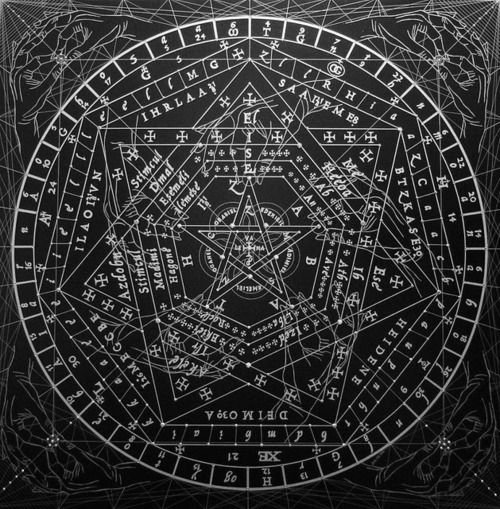The idea of "occult sciences" developed in the sixteenth century. The term usually encompassed three practices—astrology, alchemy, and natural magic—although sometimes various forms of divination were also included rather than being subsumed under natural magic. These were grouped together because, according to the historian of religion Wouter Hanegraaff, "each one of them engaged in a systematic investigation of nature and natural processes, in the context of theoretical frameworks that relied heavily on a belief in occult qualities, virtues or forces."
The earliest known usage of the term "occultism" is in the French language, as l'occultisme. In this form it appears in A. de Lestrange's article on that was published in Jean-Baptiste Richard de Randonvilliers' Dictionnaire des mots nouveaux ("Dictionary of new words") in 1842. However, it was not related, at this point, to the notion of "Ésotérisme chrétien", as has been claimed by Hanegraaff, but to describe a political "system of occulticity" that was directed against priests and aristocrats.
Unlike older forms of esotericism, occultism does not reject "scientific progress or modernity". Lévi had stressed the need to solve the conflict between science and religion, something that he believed could be achieved by turning to what he thought was the ancient wisdom found in magic.
